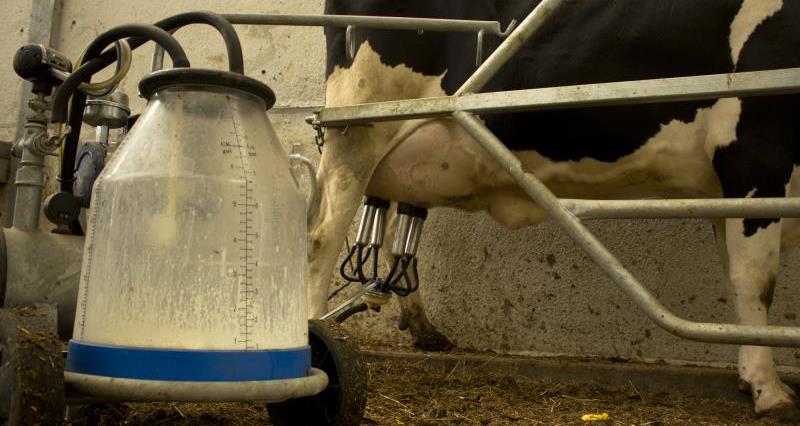The Code was not about price; it was about trying to achieve fairer treatment for farmers by processors. It simply sets out minimum good practice in terms of contract terms between producers and processors. In that respect one could say that processors that aren’t signed up to the Code are not abiding by best practice. The intention was that processors would sign up to the Code in full, rather than pick and choose the parts that they wished to comply with. A number of milk buyers did sign up to the Code including, importantly, Muller and Dairy Crest, and we have seen a number of positive moves by processors in better contract terms. The Code continues to represent an important step forward in bringing transparency to the dairy supply chain.
It’s important to remember that the context of the Code being agreed was that the Minister at that time, Jim Paice, encouraged the industry to agree a voluntary approach, rather than bring in regulation under the EU dairy package. At that point, the NFU felt more could be achieved for members through a voluntary approach than could realistically be achieved through legislation.
We must not forget the type of behaviour that was occurring before the Code was agreed – retrospective price decreases; clauses requiring farmers to continue to supply a processor even when the processor was insolvent; and unilateral changes to contract terms with no notice at all to farmer suppliers.
Many of the provisions of the Code apply to the process of “discretionary pricing” (i.e. where the processor sets and changes the price). In contracts outside the dairy sector the price is agreed at the outset, and any changes to the price are made either by mutual agreement or by using an agreed process. With discretionary pricing, however, the processor sets the price – at whatever level it wants. It’s because of this that farmers need terms in the contract to help balance that unfair pricing approach.
As farmers seek to move milk contracts, now that the market is starting to improve, ensuring that any new contracts are fair and balanced is vital. Here’s a quick reminder of the main parts of the Code (the whole document can be accessed here):
Price Notification
No downward variation to the price or to the pricing mechanism or price notification process will be made by the purchaser unless the purchaser has given the producer at least 30 days' written notice of any such changes (and for the avoidance of doubt, no contract should allow the purchaser to make retrospective changes to pricing in any circumstances).
Downward is the key word here; purchasers are not required to give notice of any upward price movements. 30 days’ notice of a price decrease is important for producers to plan and manage their businesses.
Today we’ve seen a number of milk buyers announce the September milk price which gives farmers a signal of what’s happening in the market. Thankfully the practice of retrospective downward price changes is a thing of the past.
Early termination
Allow the producer to terminate their contract with the purchaser without penalty on a maximum of 3 months' written notice following notification to the producer of any change made by the purchaser to the price, pricing mechanism or price notification process.
To stop purchasers behaving unfairly, it’s vital that producers have the option to move milk contract within a reasonable period if price changes are made, or there are changes to the terms of the contract without prior agreement that will have significant commercial implications for the producer.
Variation
The contract should set out the process by which variations to the terms of the contract can be made. Unless the Code says otherwise, any changes to any term of the contract which is not specifically agreed with the producer (or the producer’s democratically accountable representative) cannot be made unless 30 days written notice has been given to the producer of the proposed change.
It’s vital that dairy farmers are given appropriate notice as to how contract terms are to be varied. We are aware that some purchasers give more than 30 days’ notice of contract changes. This is another element of the Code that builds trust between producer and purchaser.
We understand that Muller for example has given its farmers 12 months’ notice of changes to seasonality payments, whilst at the other end of the spectrum we believe that Paynes Dairies gave no notice of the removal of its B pricing mechanism.
Disappointingly, we have seen a number of processors ‘cherry pick’ parts of the Code, or ignore it entirely. Dairy contracts should be fair and we have seen clear examples in recent months where they are not. This is not acceptable.
The NFU will continue our work trying to deliver fairer and better contracts for our members.
